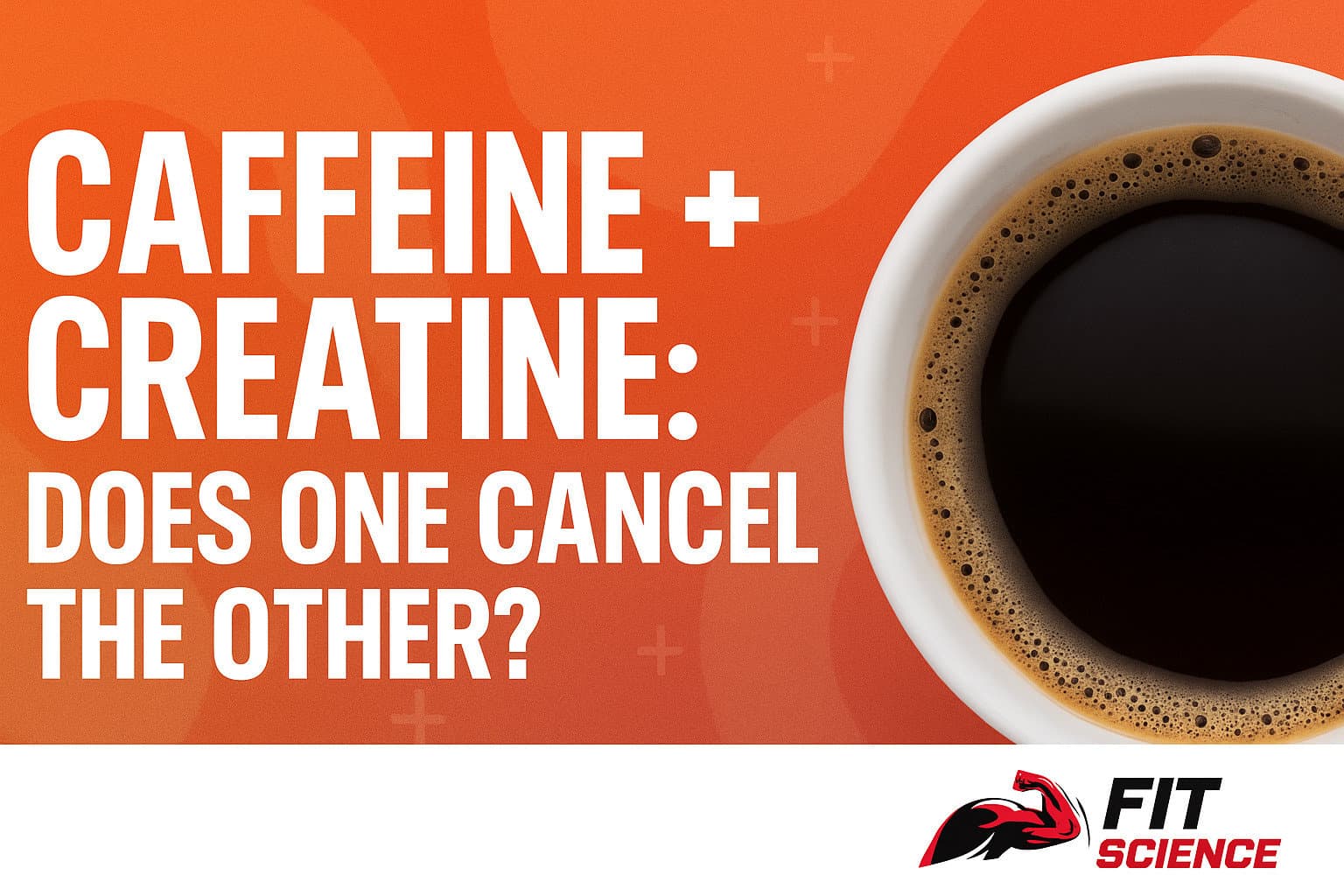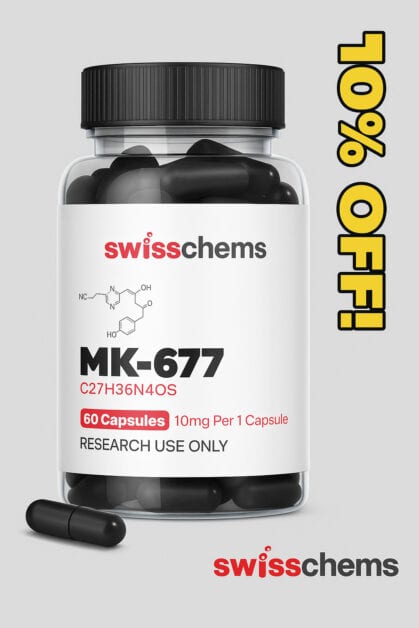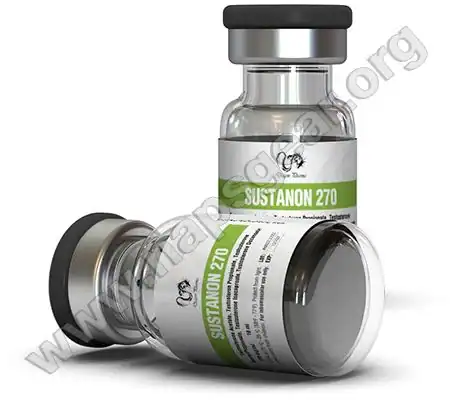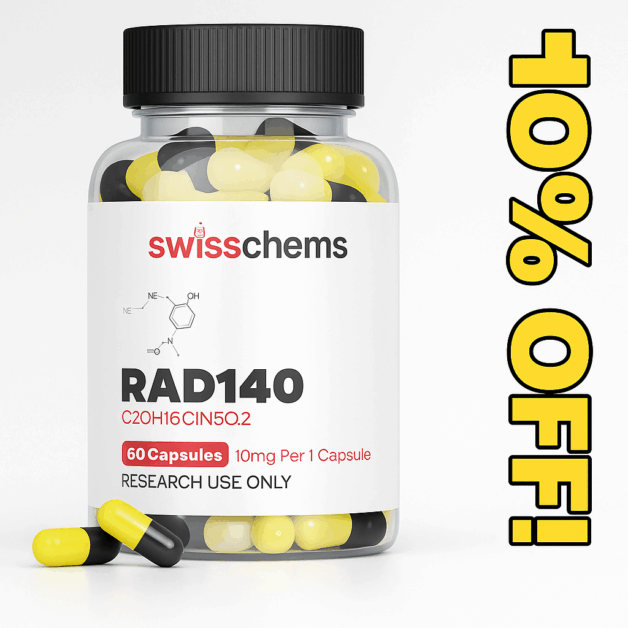For almost three decades, lifters and coaches have heard a simple warning: “Don’t mix caffeine and creatine—caffeine cancels it out.” The truth is more nuanced. A handful of influential studies in the 1990s–2000s suggested an interference effect under specific conditions; newer research shows mixed results and points to how and when you stack them as the real difference-maker. Below is a practical, evidence-based guide you can use to decide what makes sense for your training, competition, and daily routine.
-
Creatine works (strength, power, lean mass) and caffeine works (vigilance, power output, endurance).
-
The “cancellation” concern comes mainly from protocols that used daily caffeine during creatine loading and measured muscle relaxation time or fatigue under lab conditions.
-
When timing is optimized—e.g., load creatine without daily caffeine or separate the two in time; then use acute caffeine before hard sessions—many athletes see no interference and sometimes additive benefits.
-
If you’re cautious, don’t take large daily caffeine doses during a creatine loading phase. Otherwise, separate dosing and test what works in your context.
Where the “cancellation” idea came from
The original red flag was raised by tightly controlled trials in trained men. In those experiments, creatine loading improved high-intensity performance and shortened muscle relaxation time (a proxy for faster calcium reuptake and recovery between contractions). But when participants also took daily caffeine during loading, the performance benefit disappeared and relaxation time shifted in the opposite direction. That became the seed of the “caffeine cancels creatine” meme.
It’s important to recognize why those studies made a splash:
-
They used high, repeated caffeine doses around 5 mg/kg/day.
-
They looked at chronic co-ingestion (daily caffeine while loading), not the common real-world pattern of acute pre-workout caffeine with maintenance creatine later.
-
Outcomes emphasized relaxation-time physiology more than sport-specific performance.
Those are legitimate physiological findings, but they don’t automatically mean every athlete who drinks coffee on creatine loses the ergogenic benefit.
What newer research says
Since those early trials, the body of evidence has gotten more mixed:
-
Systematic reviews summarizing chronic co-ingestion show inconsistent outcomes: some protocols report interference, others show no interaction, and a few even suggest synergy—especially when caffeine is taken acutely after a creatine loading period rather than during it.
-
There’s also work showing **no harm—and sometimes cognitive/performance upsides—**when combining creatine (including creatine nitrate) with short bursts of caffeine across a week.
-
Practical studies in team sport or resistance training settings commonly find that timing and dose (plus simple confounders like GI tolerance and sleep) drive results more than an inherent chemical incompatibility.
Bottom line: The “never mix” rule isn’t supported across the board. The risk of blunting seems highest when daily caffeine is consumed throughout a loading phase; the risk looks lower when caffeine is used acutely (pre-lift/competition) and not stacked daily at high doses during loading.
Why interference might happen (and how to avoid it)
-
Opposite effects on muscle relaxation time
Creatine tends to shorten relaxation time (faster reset between contractions), while repeated caffeine can prolong it under fatigue. If your sport/test depends on rapid, repeated contractions, that tug-of-war can matter.
What to do: Avoid daily high-dose caffeine during a creatine loading week. If you use caffeine, keep it occasional and separate in time from your creatine dose. -
GI distress from co-ingestion
Creatine + caffeine together (especially with other preworkout ingredients) can increase GI symptoms, which indirectly reduces performance.
What to do: Don’t dump them into the same shaker. Take creatine with a meal or in a different time block; use caffeine capsules/coffee 45–60 minutes pre-session. -
Sleep and recovery
Caffeine’s half-life (and individual sensitivity) can disrupt sleep, blunting the training adaptations you’re trying to amplify with creatine.
What to do: Cut off caffeine 8–10 hours before bedtime; test lower doses (e.g., 2–3 mg/kg) and “as-needed” use instead of daily high doses. -
Expectation vs. context
Creatine’s biggest effects show up in repeated-sprint/power and hypertrophy contexts over weeks. Caffeine’s benefits are acute (today’s performance). If your testing measures fine-grained physiology under fatigue (e.g., relaxation time), you might see “interference” that doesn’t translate to meaningful outcomes in your sport.
What to do: Track your KPIs (bar speed, reps to failure, sprint repeatability, session RPE), not just lab proxies.
A practical playbook
If you plan to load creatine
-
Days 1–5/7: Load creatine (e.g., 0.3 g/kg/day split in 3–4 doses) and reduce or avoid daily caffeine. If you must train hard and want caffeine, keep the dose moderate and as few days as possible.
-
After loading, shift to maintenance (3–5 g/day).
If you won’t load (steady maintenance)
-
Take 3–5 g/day creatine at any consistent time that suits your GI comfort.
-
Use caffeine acutely for key sessions (~3–6 mg/kg, 45–60 minutes before).
-
Separate creatine and caffeine by several hours if you’re sensitive.
For habitual coffee drinkers
-
Keep your usual morning coffee. Take creatine later in the day (or vice versa).
-
On peak days (max tests, competition), consider tightening caffeine timing and dose; maintain creatine as normal.
For endurance athletes
-
Creatine helps sprint finishes and high-intensity surges; it can add scale weight (mostly intracellular water).
-
If added mass is a concern, test creatine in a controlled block and evaluate power-to-weight. Caffeine’s acute benefits on time trial and RPE remain compelling—no need to abandon creatine if the surges benefit you.
For teams and coaches
-
Write the stack into your SOPs:
-
Creatine: Daily, separate from caffeine; ideally with meals.
-
Caffeine: On key days, dose by body mass and timing; log sleep and GI tolerance.
-
Use a 2–4 week onboarding where athletes trial different timing patterns and record KPIs (bar speed, jump height, sprint splits, RPE, sleep).
-
Review data and personalize.
-
Dosing pointers that play nicely
-
Creatine monohydrate remains the gold standard. Flavorless powder, 3–5 g/day maintenance.
-
Caffeine: start at 2–3 mg/kg, progress to 3–6 mg/kg only if needed and well-tolerated. Higher doses rarely add benefits and increase side effects.
-
Separate creatine and caffeine by time, especially during any loading or high-volume training block.
-
Monitor: Track performance, soreness, GI, sleep, and readiness. If you see dips on days you combine them, change timing first before abandoning the stack.
Practical scenarios
Powerlifter / strength block
-
AM: Normal coffee (2 mg/kg).
-
Midday: Creatine 5 g with lunch.
-
PM heavy session: Optional small caffeine top-up (1–2 mg/kg) 45 minutes pre-lift if sleep won’t be affected.
Field sport in-season
-
Non-game days: Creatine 5 g with dinner; skip caffeine or keep to a morning coffee.
-
Game day: Caffeine 3 mg/kg 60 minutes prior; creatine at breakfast.
Sprint / CrossFit test week
-
If you’re loading, minimize caffeine daily; use acute low-to-moderate doses only on priority tests.
-
If you’re maintaining, separate creatine and caffeine, and keep caffeine to key events.
When to reconsider co-use
-
Chronic GI upset when you take them together → separate by 4–8 hours or switch forms (e.g., caffeine capsule vs. coffee, creatine with a meal).
-
Sleep debt from late caffeine → move caffeine earlier or reduce the dose.
-
You’re in a weight-sensitive phase and the water-weight from creatine is problematic → consider a trial off creatine or re-introduce in a base phase.
-
You’re replicating the “interference” protocols (daily high-dose caffeine during loading) → change the plan.
The take-home
There’s no universal “caffeine cancels creatine” rule. The strongest evidence for interference comes from daily caffeine during creatine loading, affecting muscle relaxation time in lab tests. Outside of that specific setup, outcomes are inconsistent and heavily dependent on dose, timing, individual tolerance, and the performance you care about. For most athletes and lifters, separating timing and using caffeine acutely while maintaining daily creatine is a sensible, low-risk strategy—then let your training logs decide.
References
-
Vandenberghe K, et al. Caffeine counteracts the ergogenic action of muscle creatine loading. J Appl Physiol. 1996. PubMed
-
Hespel P, Op’t Eijnde B, Van Leemputte M. Opposite actions of caffeine and creatine on muscle relaxation time in humans. J Appl Physiol. 2002. PubMed
-
Trexler ET, Smith-Ryan AE. Creatine and Caffeine: Considerations for Concurrent Supplementation. Int J Sport Nutr Exerc Metab. 2015. PubMedHuman Kinetics Journals
-
Elosegui S, et al. Interaction Between Caffeine and Creatine When Used as Concurrent Ergogenic Supplements: A Systematic Review. Int J Sport Nutr Exerc Metab. 2022. PubMed
-
Marinho AH, et al. Effects of creatine and caffeine ingestion in combination on exercise performance: A systematic review. Crit Rev Food Sci Nutr. 2023. PubMedTaylor & Francis Online
-
Trexler ET, et al. Effects of coffee and caffeine anhydrous intake during creatine loading on strength and sprint performance. (Study context summarized within review.) PMC
-
Guest NS, et al. International Society of Sports Nutrition Position Stand: Caffeine and Exercise Performance. J Int Soc Sports Nutr. 2021. (Timing/dosing guidance.) PMCBioMed Central
-
Mabrey G, et al. The Effect of Creatine Nitrate and Caffeine Individually or Combined on Exercise Performance and Cognitive Function. Nutrients. 2024. PMCMDPI
This article is educational and not medical advice. If you have health conditions, are pregnant, or use prescription medications, discuss supplement use with a qualified clinician.











